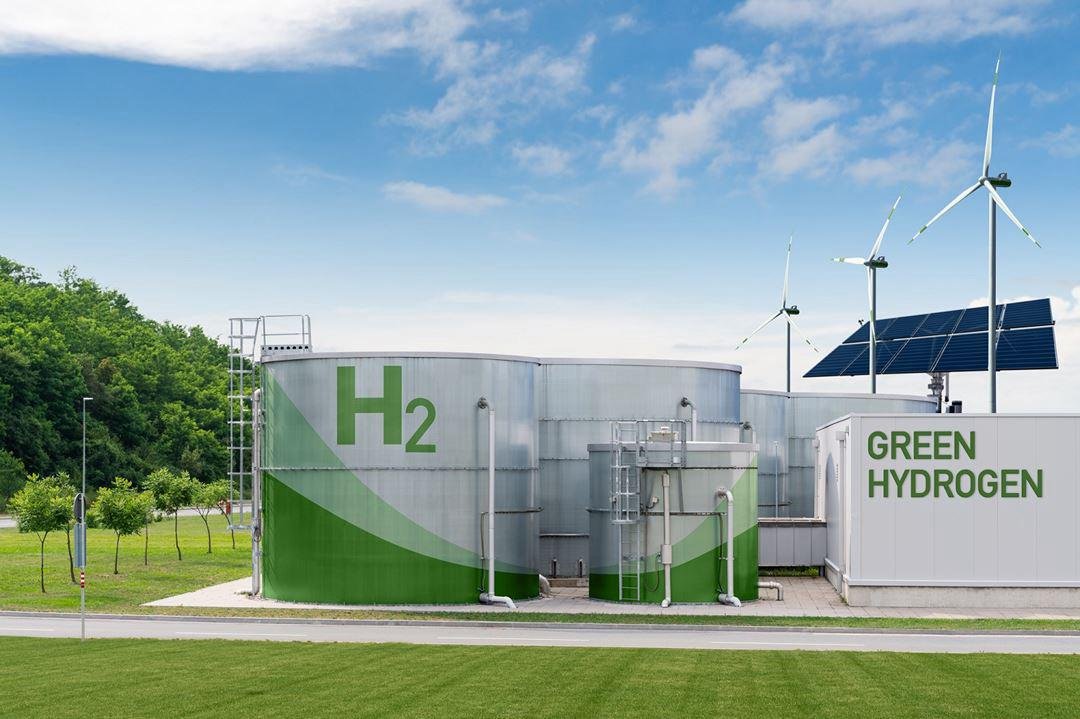
Introduction:
Did you know that the recent $7 billion Solar for All grants could save low-income American households over $350 million annually on energy bills? This monumental initiative not only addresses affordability but also champions environmental justice across the nation. In this blog, we will explore how this transformative program is set to revolutionize access to solar energy, particularly for the underserved, and the broader implications for our environment and economy.
Expanding Access to Clean Energy:
The Solar for All program represents a major leap towards inclusivity in clean energy access. Funded through the Inflation Reduction Act, this initiative allocates substantial resources to develop solar projects that benefit over 900,000 low-income and disadvantaged households. The program aims to reduce annual energy costs significantly, combat climate change, and improve air quality. By integrating solar energy into these communities, the initiative not only lowers bills but also ensures a sustainable and cleaner future, making green technology a universal asset rather than a privileged commodity.
Boosting Jobs and Local Economies:
One of the most impactful aspects of the Solar for All grants is the potential for economic revitalization through job creation. An estimated 200,000 good-paying jobs are expected to emerge from this initiative, emphasizing roles with the option to join unions. This focus on job creation extends beyond mere employment numbers; it is about fostering long-term economic stability and offering substantial career paths in clean energy sectors, particularly in areas that have historically lacked such opportunities.
Securing Environmental and Social Justice:
The strategy behind Solar for All is deeply intertwined with social and environmental justice. By targeting funds towards communities that are both economically and environmentally vulnerable, the program addresses systemic inequalities. These communities are often the most affected by pollution and climate change, yet they benefit the least from clean energy advancements. Solar for All is set to change that narrative by ensuring that 40% of the benefits from federal clean energy initiatives flow directly into these communities, thereby supporting the Biden-Harris Administration’s Justice40 Initiative.
Conclusion:
The Solar for All grants are more than just a financial aid for energy bills—they are a cornerstone for building a resilient, equitable clean energy future. As these programs begin to roll out, the potential for transformative change is immense, not just in terms of environmental impact but in strengthening community fabrics through economic and social upliftment. We invite you to join us in following this exciting journey and to engage in our community's sustainable future.
The above analysis is proprietary to Enerdatics’ energy analytics team, based on the current understanding of the available data. The information is subject to change and should not be taken to constitute professional advice or a recommendation.
Click to know more about Enerdatics' Renewable Energy M&A, Finance, PPA, and Projects databases.

